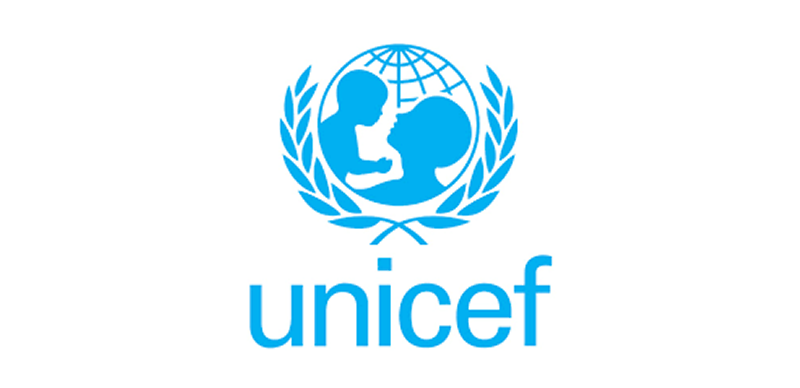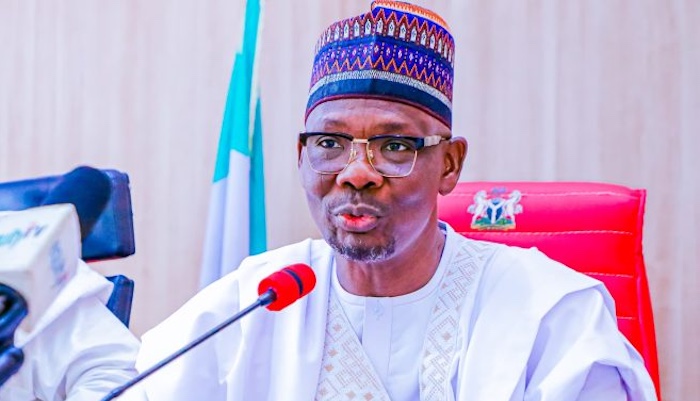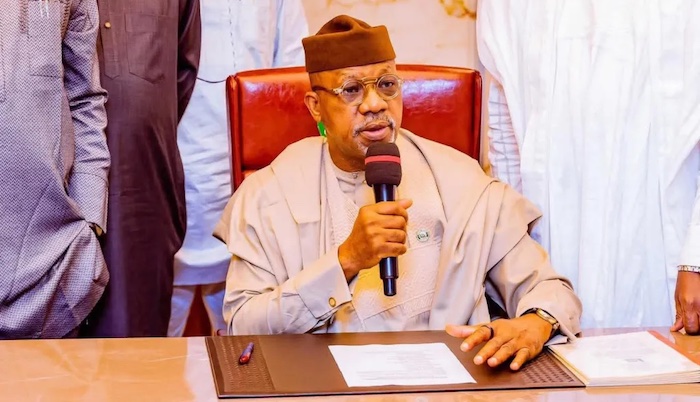
The United Nations Children’s Fund has called on journalists and media organisations across Nigeria to take the lead in driving behavioural change towards the elimination of Neglected Tropical Diseases in the country.
The UNICEF Chief of Field Office in Bauchi, Nuzhat Rafique, made the appeal during a Media Dialogue on Neglected Tropical Disease Elimination held on Thursday in Bauchi State.
Rafique explained that poverty, poor sanitation, and lack of access to clean water are major contributors to the spread of NTDs, stressing that communities must adopt cleaner and healthier habits to break the vicious cycle of disease and poverty.
“Poverty is a vicious cycle of ill health and deprivation. When people are poor and live in unclean environments, they are more likely to get sick. When they fall ill, they can’t work, and this deepens poverty,” she said.
While noting that the impact of these diseases has negative implications for the growth, development, and productivity of children, she emphasised the need for improved sanitation and hygiene practices.
She urged both government and communities to invest in safe water supply, proper waste management, and cleanliness at the household level.
Rafique also warned against open defecation and unsafe water sources, noting that polluted rivers expose communities to diseases such as River Blindness and other infections transmitted by flies and mosquitoes.
Also speaking, the North-East Zonal Coordinator of the NTD Control Programme under the Federal Ministry of Health and Social Welfare, Hauwa Abubakar, described NTDs as diseases of poverty that remain a major public health concern, particularly in rural communities.
“NTDs are preventable and curable diseases that mostly affect the poor and people living in rural areas. They cause disability, deformity, and sometimes death if left untreated,” she explained.
She appealed to media practitioners to support awareness campaigns by amplifying accurate information about the prevention and control of NTDs, adding that enlightenment remains one of the most effective tools for reducing the burden of such diseases in Nigeria.
The FG, through the Federal Ministry of Information and Orientation, emphasised that journalists played a vital role in shaping public understanding, influencing attitudes, and protecting the most vulnerable members of our society, particularly children, hence the collaboration with the media.



